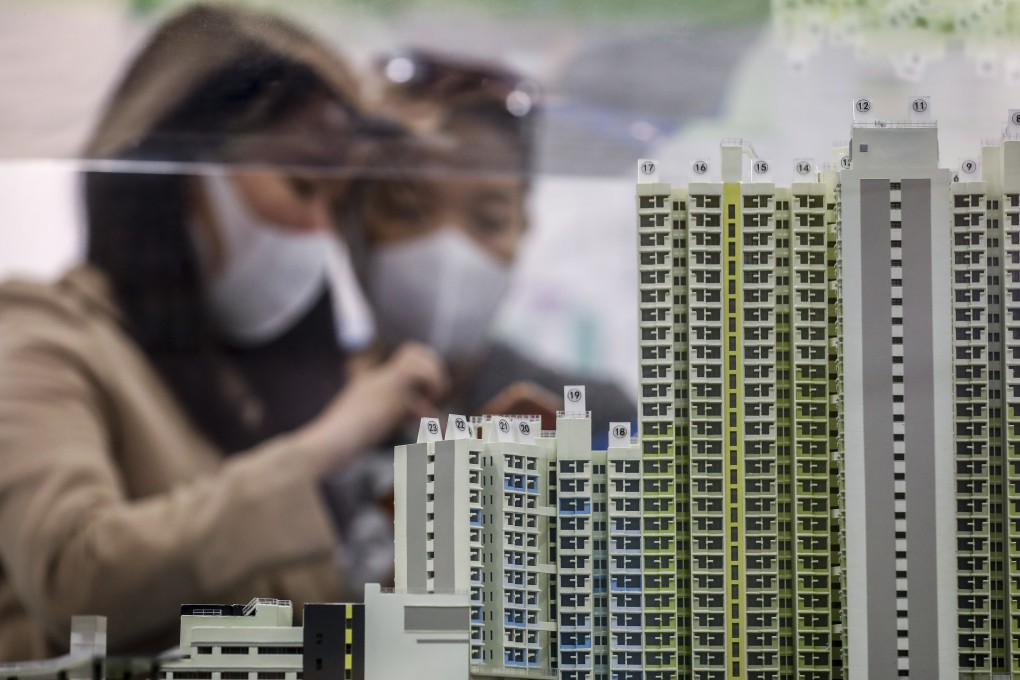My Take | A ‘scheme of control’ for Hong Kong developers?
- By capping but guaranteeing profits, developers may be more motivated to develop select farmland from their land banks under an overhauled government scheme to boost the supply of flats

So, no takers. The government wants private developers to build on their land reserves to help boost housing supply. But it offers few carrots and no stick. No surprises then that the land bosses aren’t interested.
Officials estimate that Hong Kong will be short of at least 108 hectares for housing by 2026 and 230 hectares by 2046. Independent experts think those figures are underestimates.
Private developers are estimated to hold more than 1,000 hectares in their land banks, mostly located across the New Territories. Getting them to provide, for now, 150 hectares for housing in three years under the Land Sharing Pilot Scheme, is perfectly reasonable. That’s less than 15 per cent of their total land banks.
The scheme allows developers and landowners to increase the development density of the sites but they must reserve at least 70 per cent of the increased floor area for affordable public-sector housing.
Mandating a 70 per cent provision for public housing from the increased developed density just puts a cap on profits
The government offers to carry out infrastructural development to meet increased traffic demands and to expedite planning and development applications.
Not exactly a generous offer. The extreme profitability of local developers has always been about squeezing the last inch of development density from a site. Mandating a 70 per cent provision for public housing from the increased developed density just puts a cap on profits.
